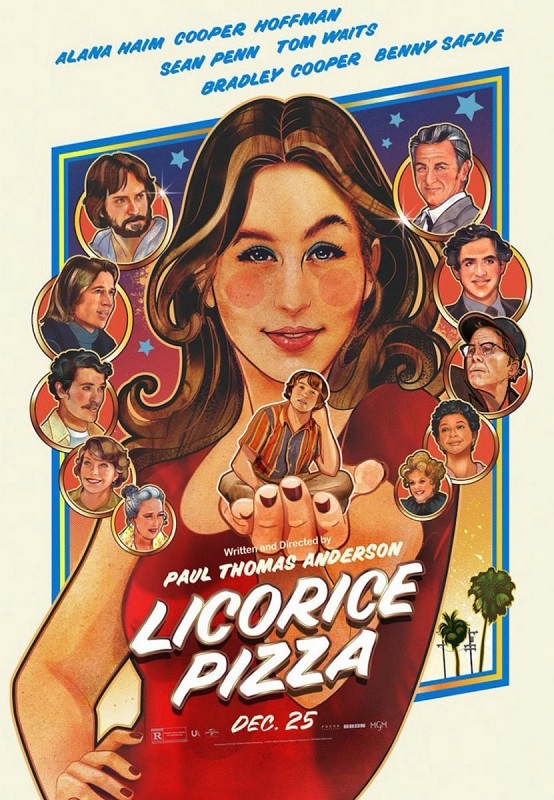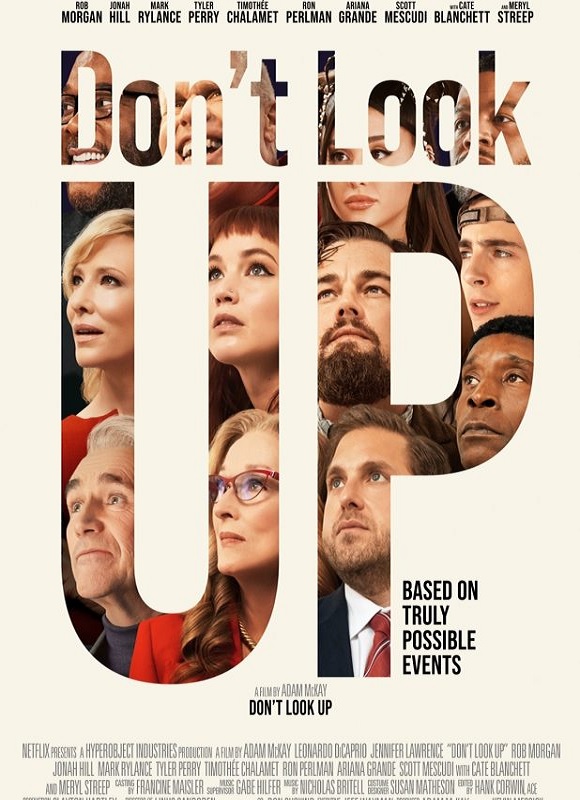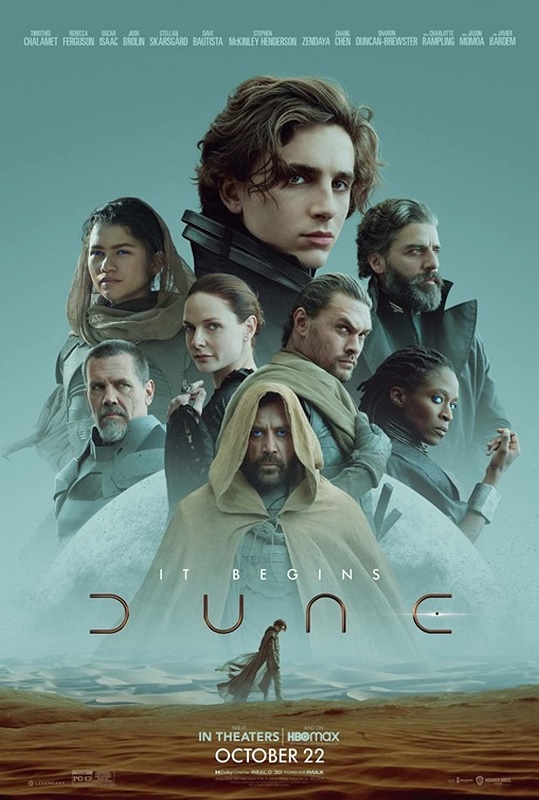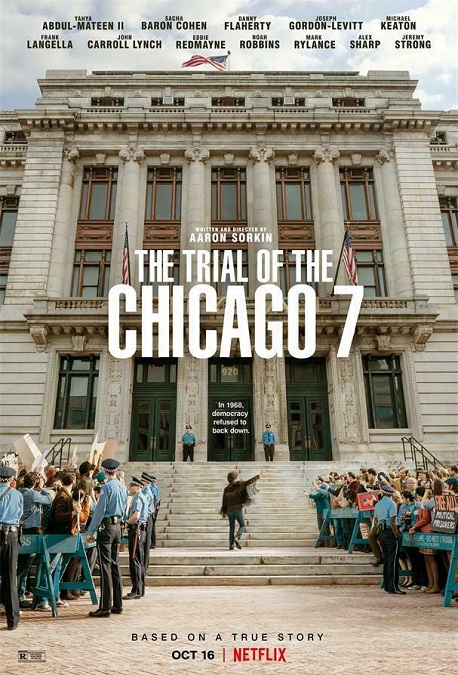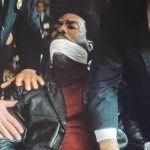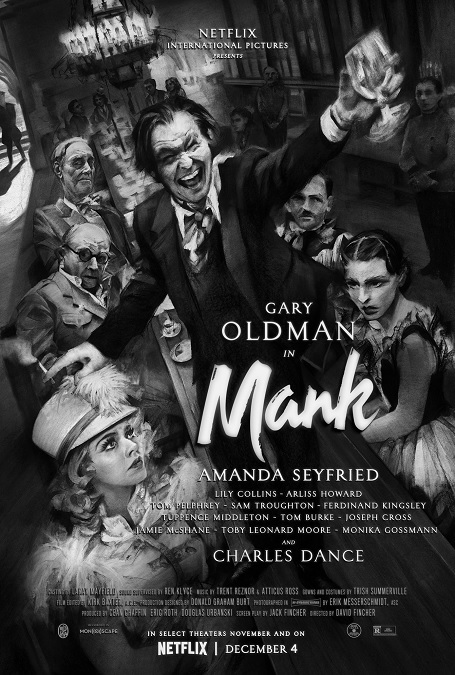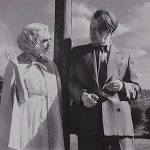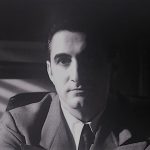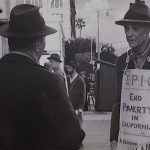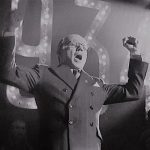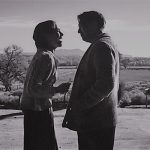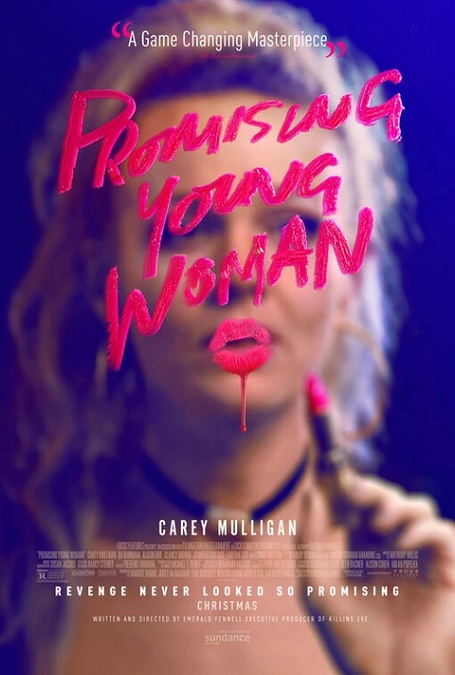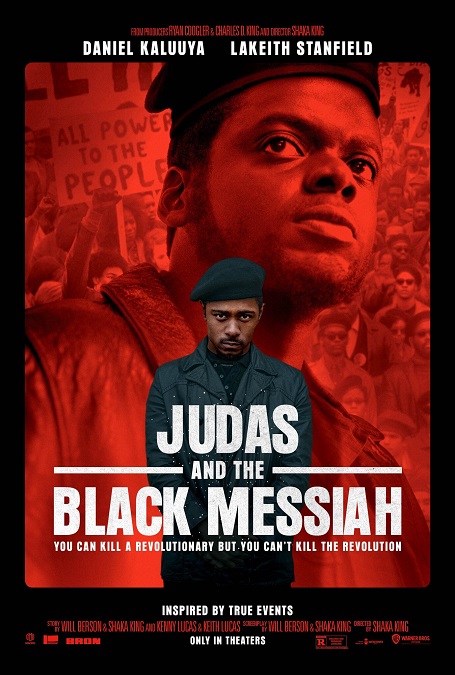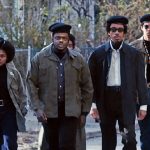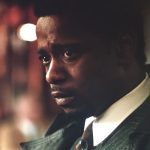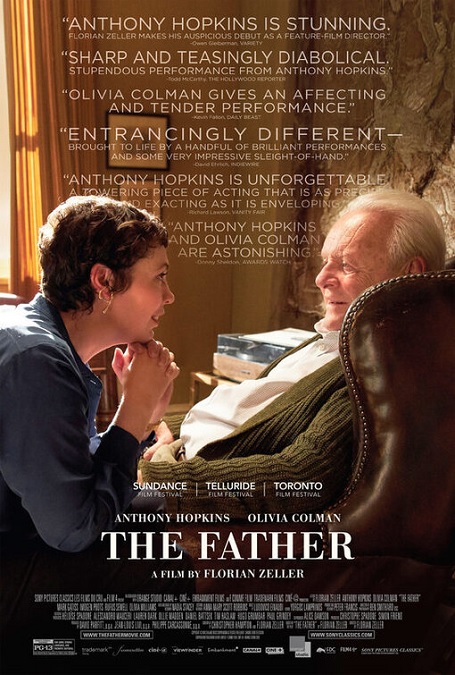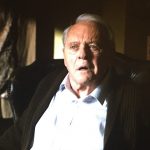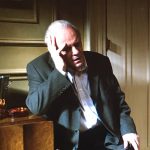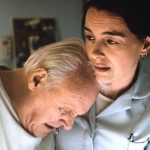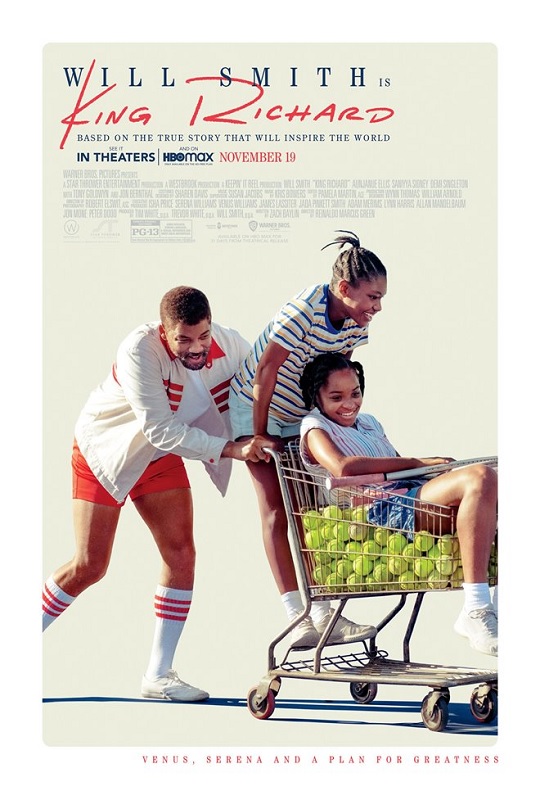

2021 – King Richard
Before watching this film, I was talking about it with a friend who told me that it was a really good movie. I said that I just wasn’t terribly interested in the subject matter. I’ve never been a tennis fan, and I never followed the careers of Venus or Serena Williams. But he replied that that didn’t matter, and insisted that it was just a good movie, despite my lack of interest in the sport. I’m happy to say that he was absolutely right. I enjoyed the drama of the film, and even found myself getting into the tennis aspect, as well.
First of all, this movie was about more than just the superstar tennis players, the Williams sisters. And it was even about more than the inspired father who guided the girls into greatness, after whom the film was named. This was a movie that was inspirational and had that feel good quality. At the end of the film, you just feel good about the story. It not only tells the story of how Venus and Serena began their spectacular careers, but how they did it with great attitudes, grace, humility, and respect for themselves and the game. I don’t mean to sound hokey, but they were clean in spirit and that really stood out to me, and I think that was part of what made the movie special.
Will Smith played the lead as Richard Williams, the patriarch of the family. If the film is to be believed as historically accurate, and according to the filmmakers, it is, he conceived of a plan to make superstars of his kids before they were even born. One of the first things he talks about in the movie is his seventy-eight page plan for his daughters and their tennis careers. He spends their lives training them on the public tennis courts in Compton, California, bringing them to a level of skill where a professional trainer can take them on for free because of their unlimited potential. The coach’s payment would come out of their future earnings, which, per his plan, would be in the millions. It’s an ambitious plan.
As always, Will Smith turned in a fantastic performance, and honestly I hope it won’t be his last. Unfortunately, I can’t write this review without mentioning what has become known as the Oscar Slap. I’ll try to be brief. After Smith won the Oscar for Best Actor for his role in King Richard, Oscar host Chris Rock made an incredibly insensitive joke about Jada Pinkett Smith, Will’s wife, and Will lost control of himself. He walked onto the stage and smacked Rock in the face. I won’t comment on whether it was right or wrong, or if it was justified or not. What I will say is that I haven’t seen his name in any new film roles since then, and I hope he hasn’t ruined his career, because he really is a fantastic actor.
But he wasn’t the only great member of the cast. I was also very impressed with Aunjanue Ellis who played Richard’s wife, Oracene Price. She was a great match for Smith and did a great job in both the argument scenes and the tender moments. She played the strong mother and the devoted wife with equal conviction, and I loved her performance. And I can’t forget the children. There were five in all. Oracene’s three children from her first marriage, Tunde, Isha, and Lyndrea Price, played respectively by Mikayla LaShae Bartholomew, Danielle Lawson, and Layla Crawford, were good.
But it was the two girls playing the young Venus and Serena who were, of course, the heart of the narrative. Saniyya Sidney played Venus, who the movie really focused on, as it was Venus whose career began sooner than her sister. But I can’t ignore Demi Singleton, who played Serena. They both did a fantastic job, but for very different performances. In the film, Venus got all the attention, and Sidney had to play with that dynamic. But Singleton had to play the sister with just as much talent and potential, who had to live in Venus’s shadow.
I felt really bad for the character of Serena because it was true. She seemed to be getting the short end of the stick. Now, we all know that Serena made just as big a name for herself as her sister did, so we always know her turn will come, but the timeframe of the film was before that happened. One of the best little scenes in the movie is where Richard joins Serena on the sidelines and explains to her that yes, for now Venus is going to be the best tennis player in the world. But he confidently tells Serena that she is going to be the best there ever was. To me, that scene was so important.
And I would be remiss if I didn’t mention the two coaches: Tony Goldwyn, playing Paul Cohen, and Jon Bernthal, playing Rick Macci. They both did a great job, especially Bernthal. They both had to portray the same difficulty and exasperation of dealing with Richard who, though his plan was unconventional and, quite honestly, presumptuous, was ultimately right. They saw the talent and potential in the girls, and went out of their way to help them.
This was a good movie. It doesn’t matter if you are a tennis fan or of you are a fan of the Williams sisters. It was just a good movie, and I’m glad it was nominated for Best picture. This movie, to me, seems to embody what a Best picture nominee should be. It was historically accurate, dramatic, inspirational, wholesome, well-acted, well-directed, intense, heart-warming, and easy to watch.









